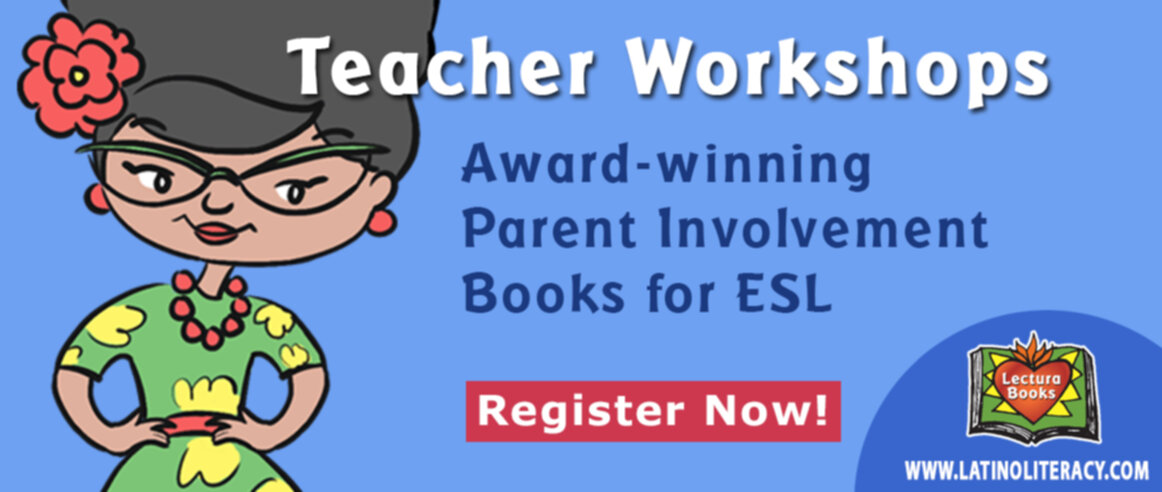Building Positive ELL Parent – Teacher Relationships
The avenues of communication between teachers and parents are paramount in the successful academic outcomes of a child. Without a healthy back and forth of ideas between both stakeholders, the child could potentially fall through the proverbial cracks where their learning is concerned. Teachers are tasked with educating students during the school day and when children return home it’s the parent that must continue the encouragement of that education by helping them complete their lessons. When it comes to English Language Learners, teachers are often tasked with assisting parents in being a part of the educational process in the home.

This interaction between teacher and parent can proceed in a number of ways and cultural background often plays a role in the successful achievement of that interaction. Teachers who display positive and encouraging personalities are intent on sharing their excitement of the child’s accomplishments in the classroom, in a bid to inform and inspire the parent to get deeply involved in the educational process. However, studies have shown a proclivity for minority parents not to engage in school activities and these parent-teacher relationships are less positive than with those involving Caucasian families.
There are a variety of factors at play here, lower motivations and values placed on education and some of that sentiment may extend to the parents’ own experiences with schooling when they were children. These deep-seated attitudes can form strong barriers to parental engagement in the child’s education. Good personality can certainly be a helpful component in trying to bring the parent into the fold, while providing an inviting atmosphere and multiple methods for opening up the classroom to parents are also crucial to higher success rates in children. But teachers must also be cognizant of the potential for personality clashes that could emerge with one or both parents of a student.
Certain ethnic backgrounds have strong rules and mores that concern education and no matter how much a teacher tries to break through what is perceived as a barrier on his or her end, they may only be doing more harm than good when the parents don’t see that same barrier. In some Hispanic cultures, parents view the teacher as the top authority when it comes to the education of the child. Their lack of involvement isn’t born from disinterest but out of a belief that their opinion on the subject holds less weight than that of the educator. Teachers who press the issue of trying to teach the parents to be more involved in the child’s schooling could risk their actions being misinterpreted in a negative fashion and this could lead to a clash of personality between the two parties. Unfortunately, it’s the child who suffers most in that instance and teachers must be well-versed in the potential pitfalls that exist with parents of ELL’s and adjust their own personalities accordingly when trying to teach parents how to be more involved in their child’s learning.
If you or anyone you know is interested in implementing a parent involvement program please visit The Latino Family Literacy Project. This company understands the importance for parent involvement and has developed an award-winning program for teachers to provide to parents at their schools. If you would like to find out more information they also offer online Webinar training and in person workshops.
